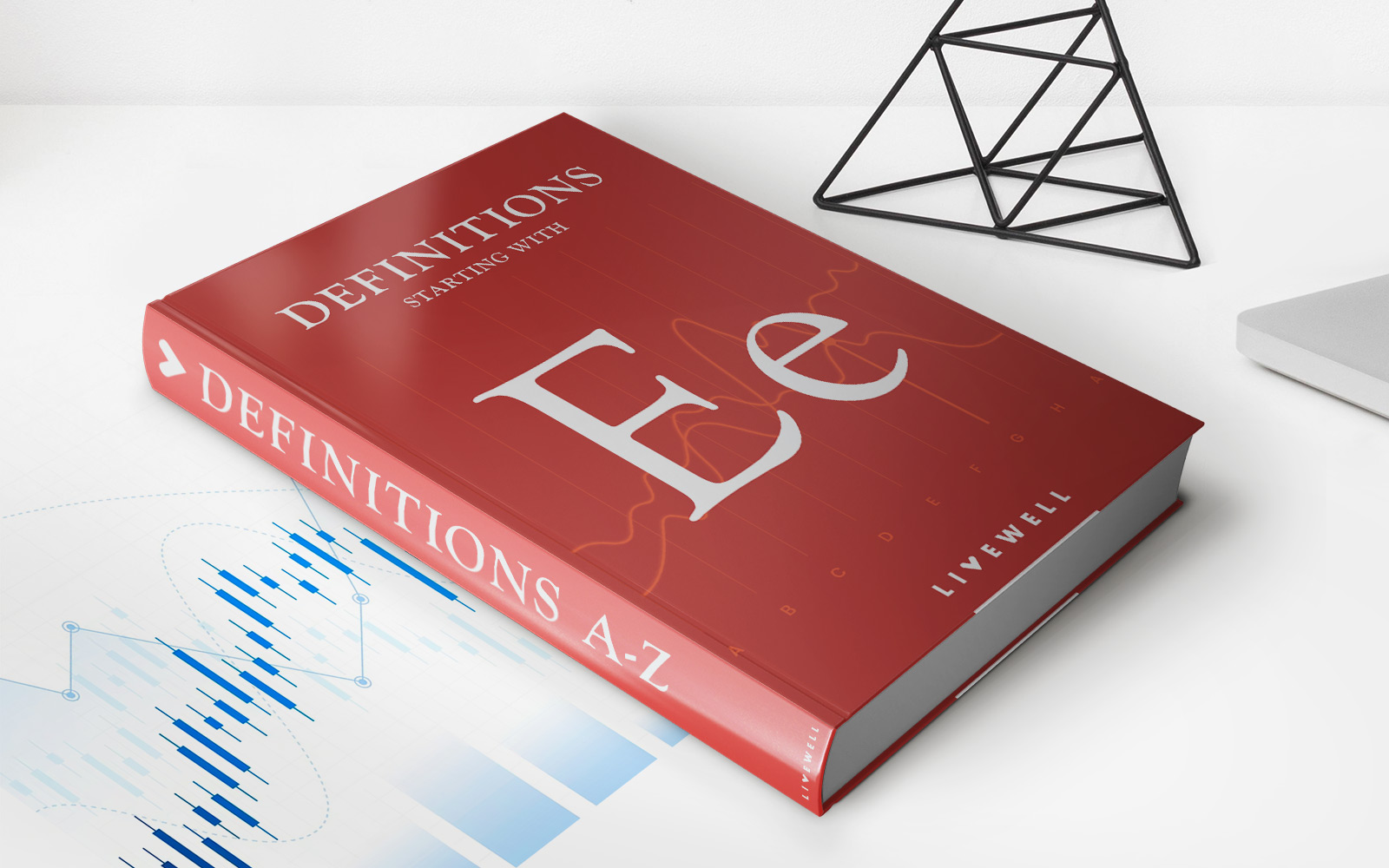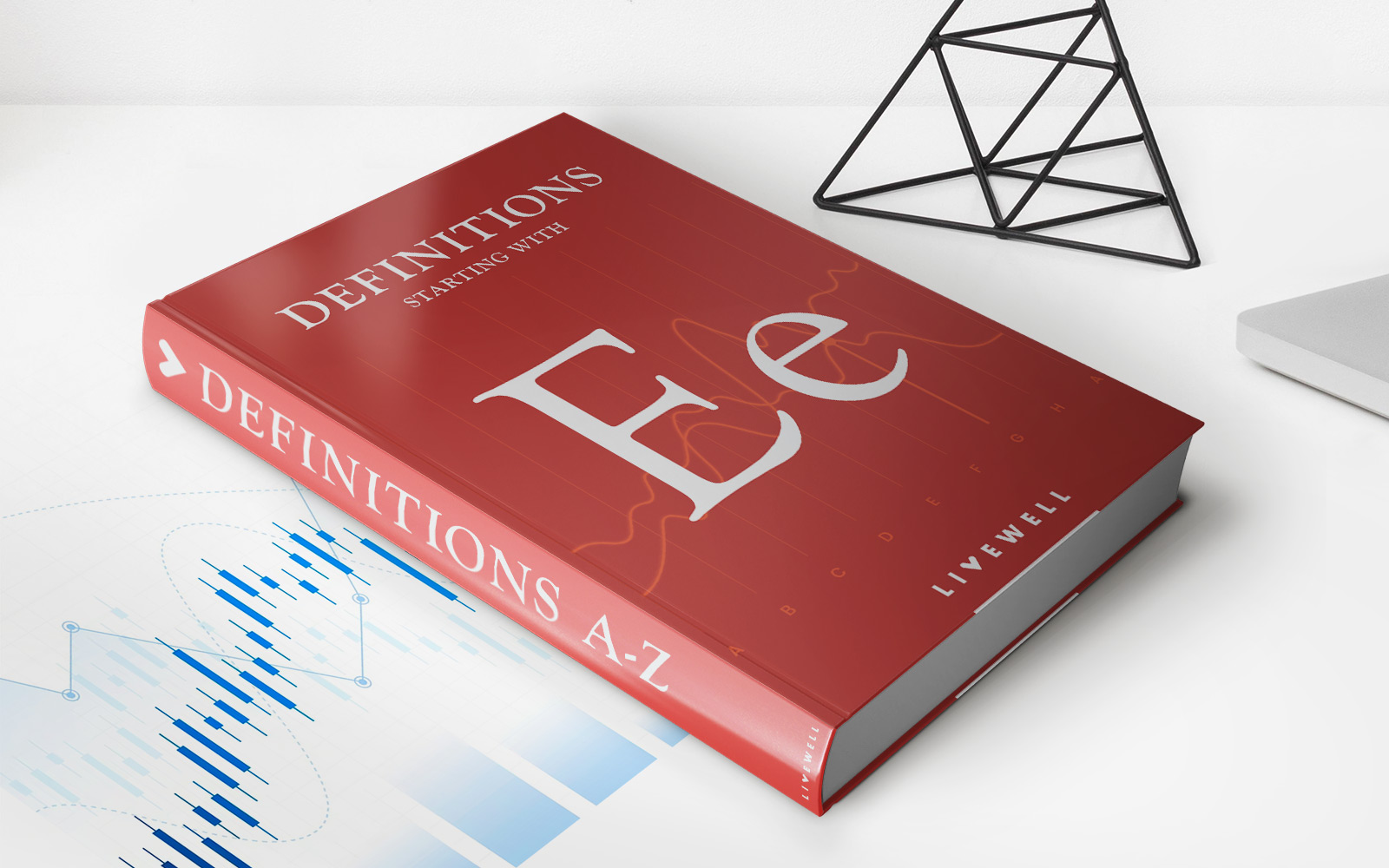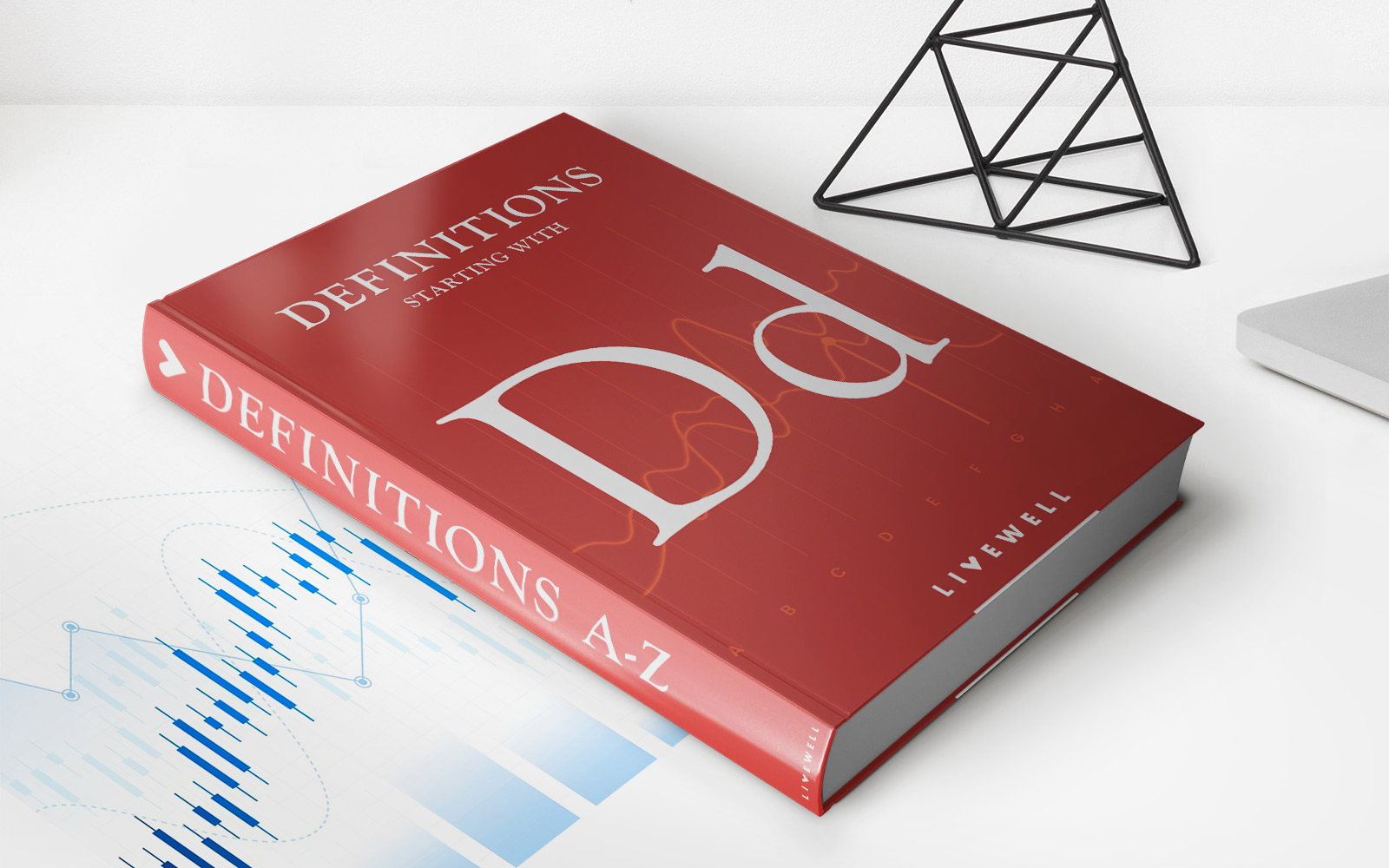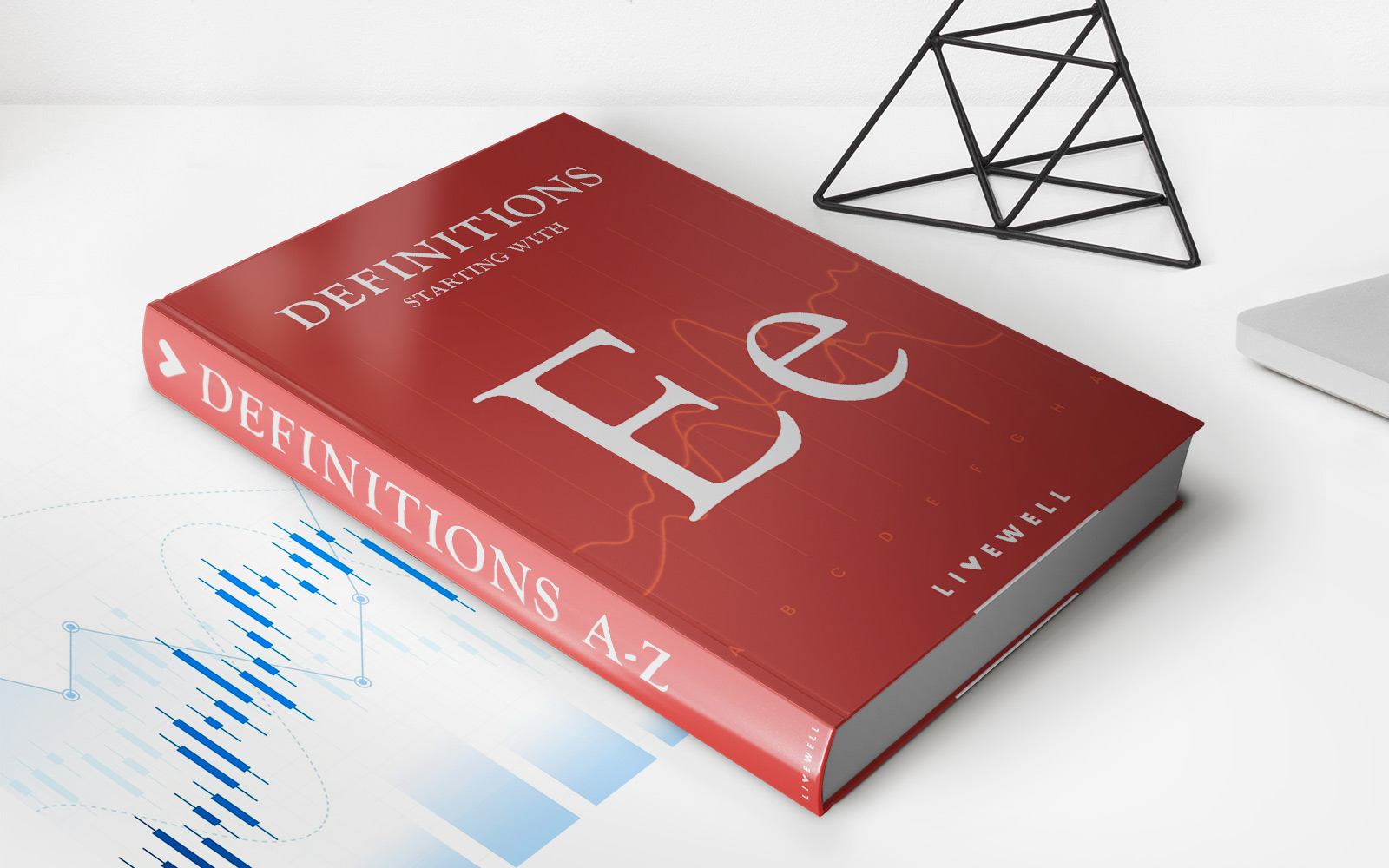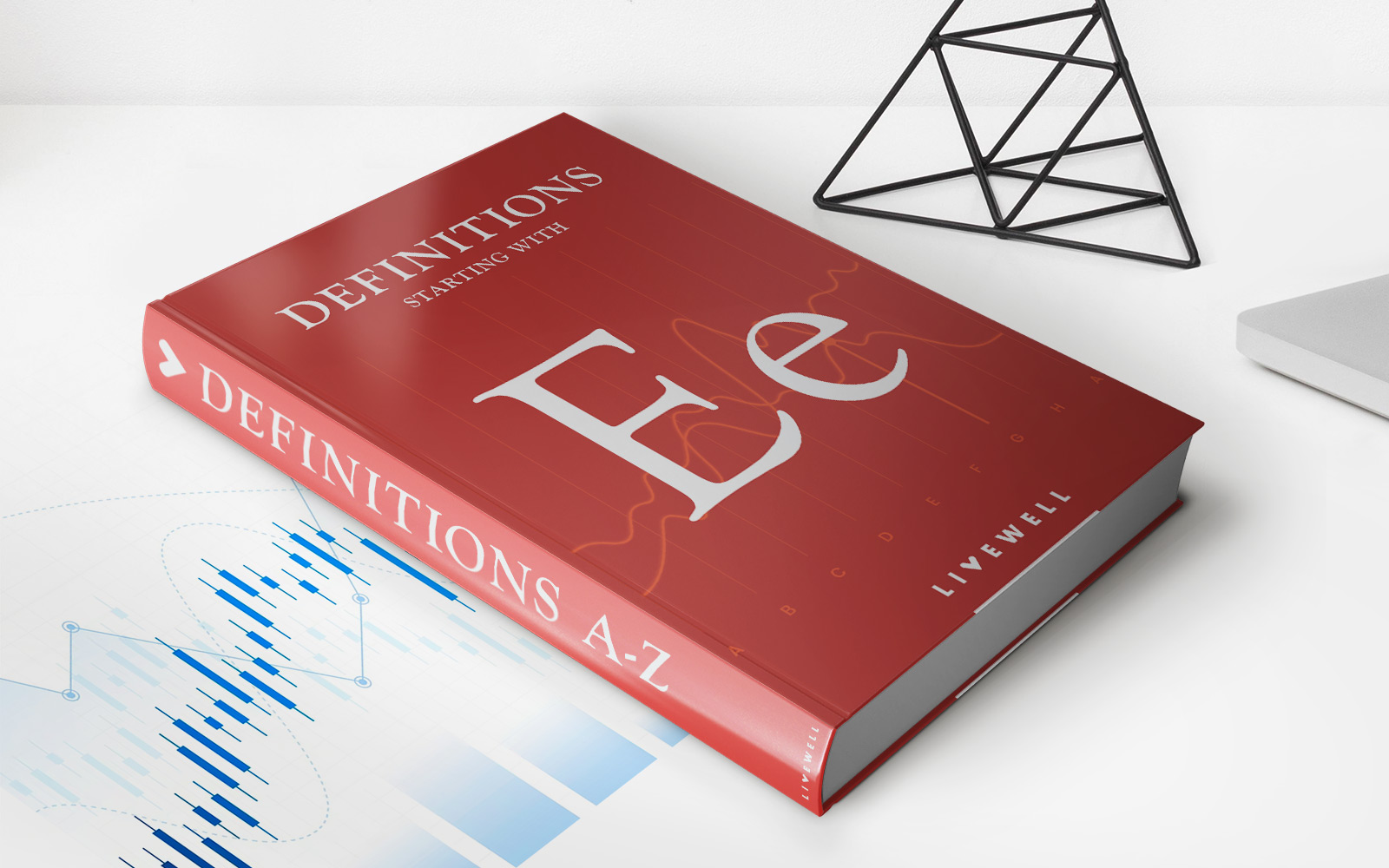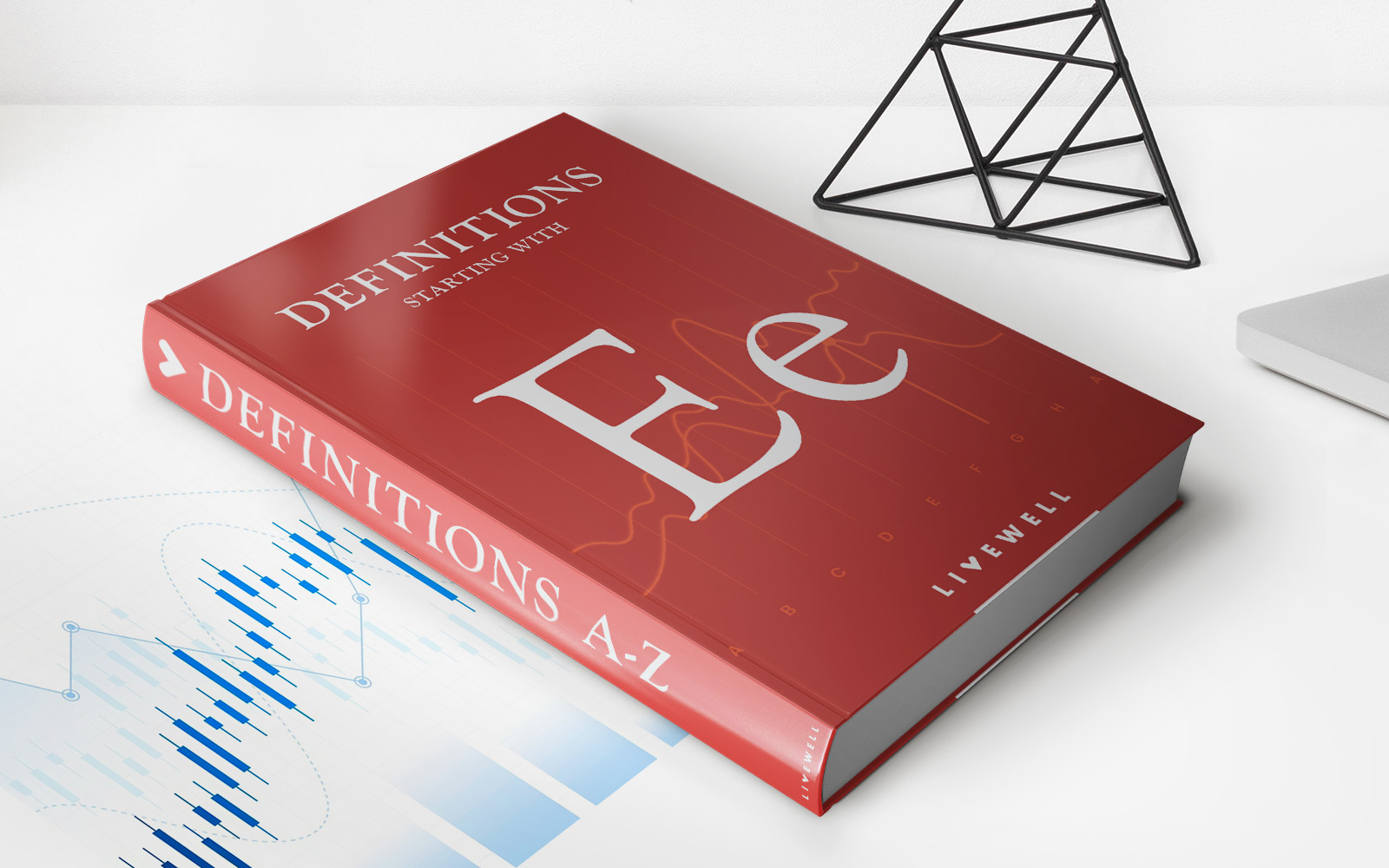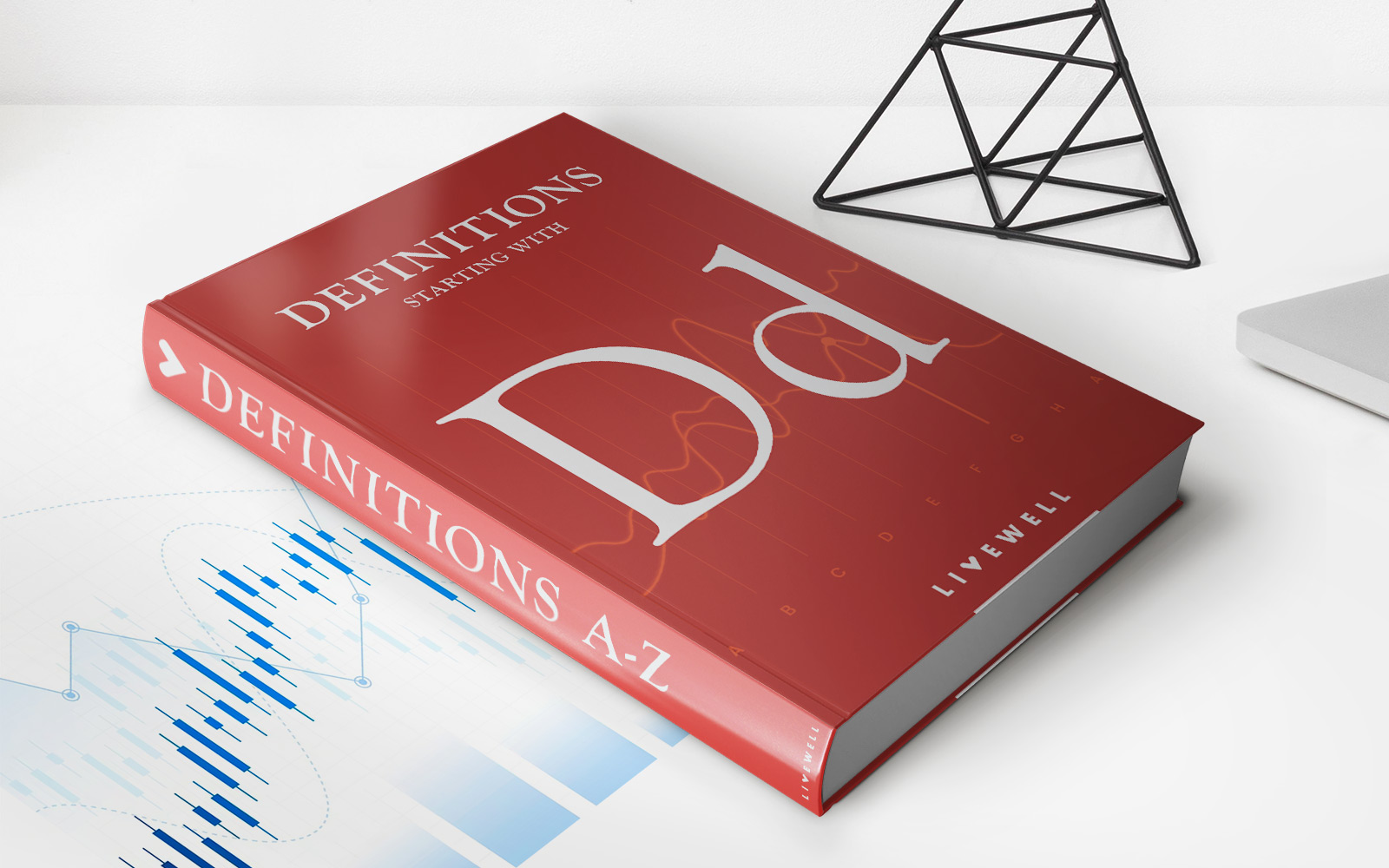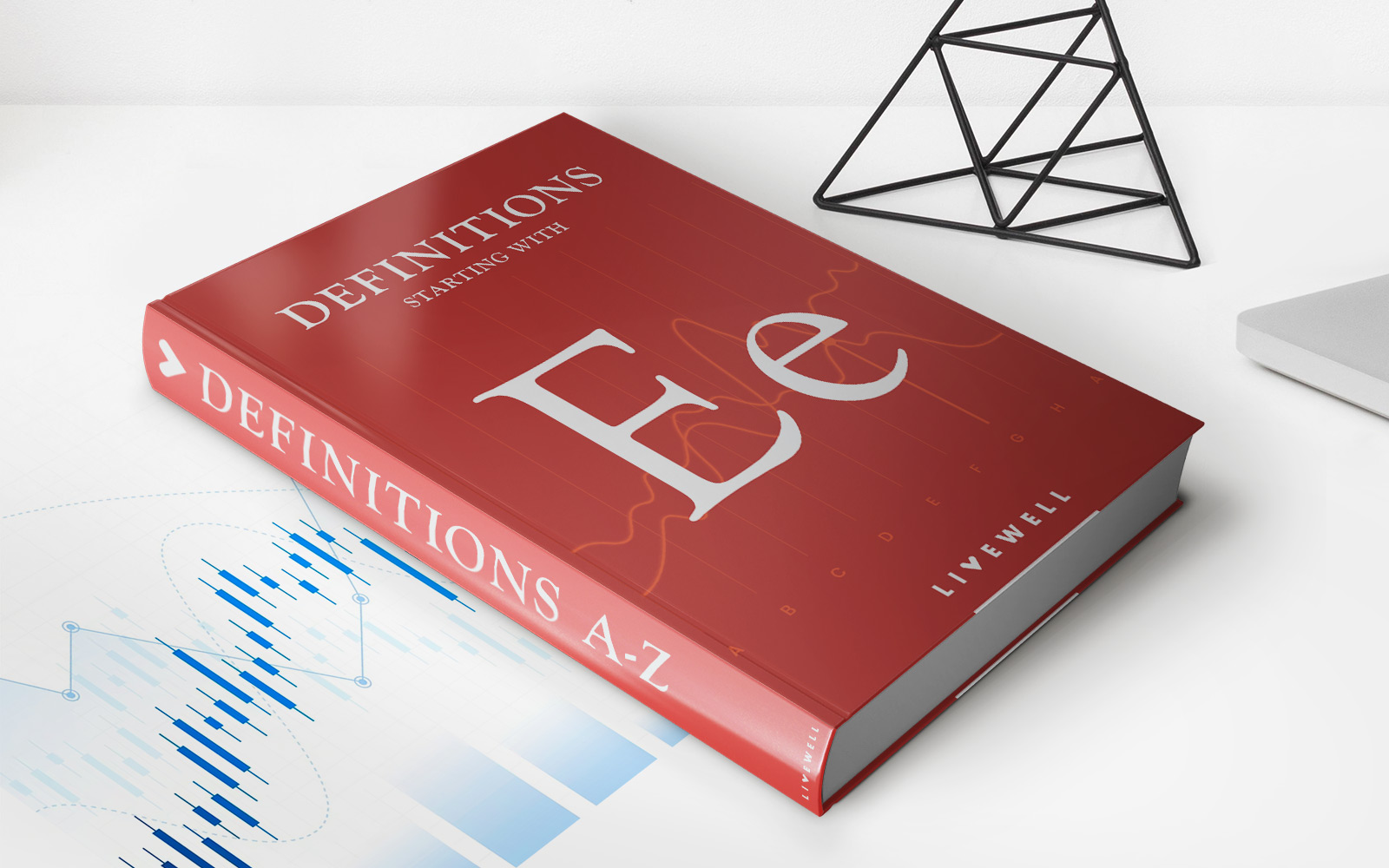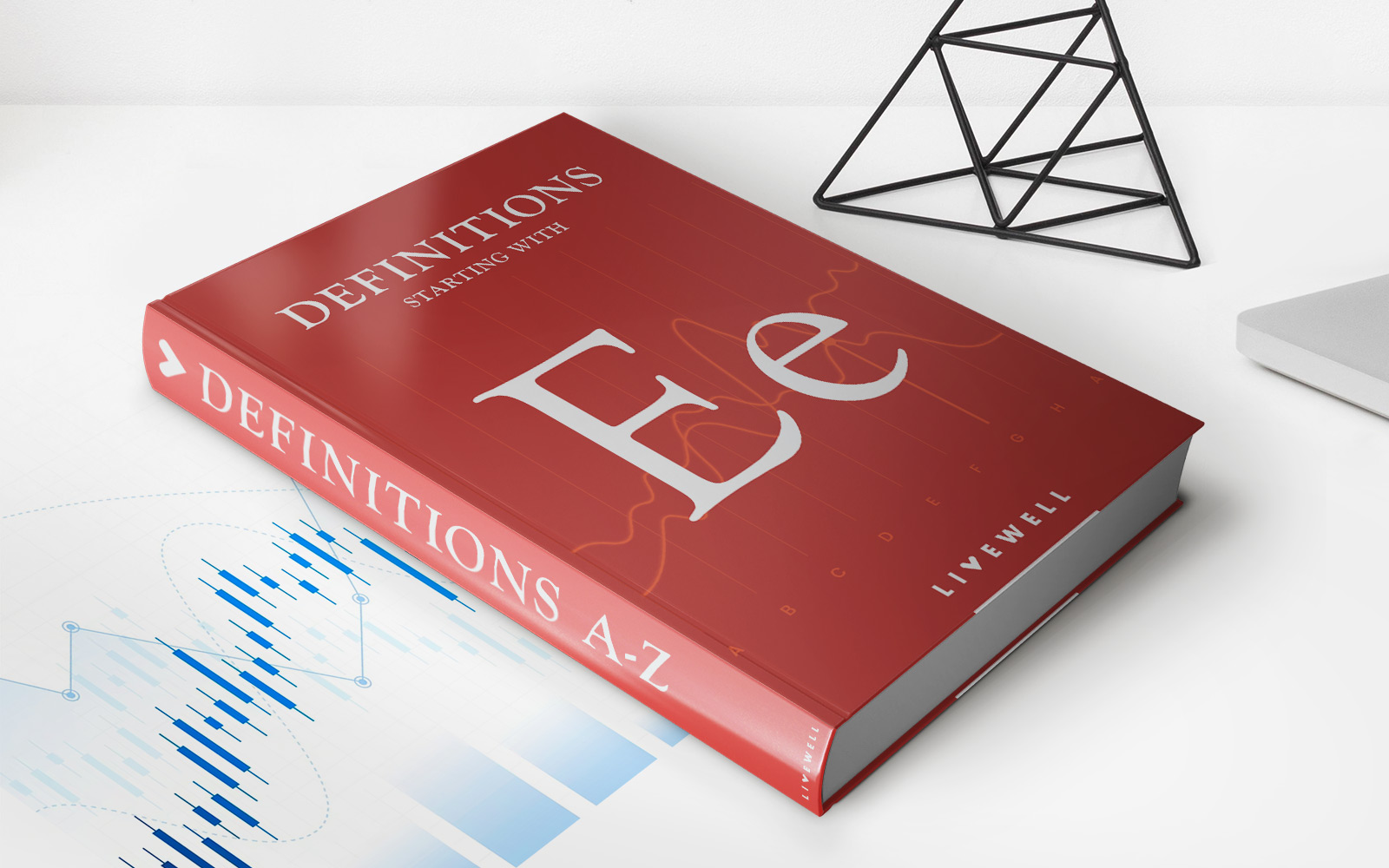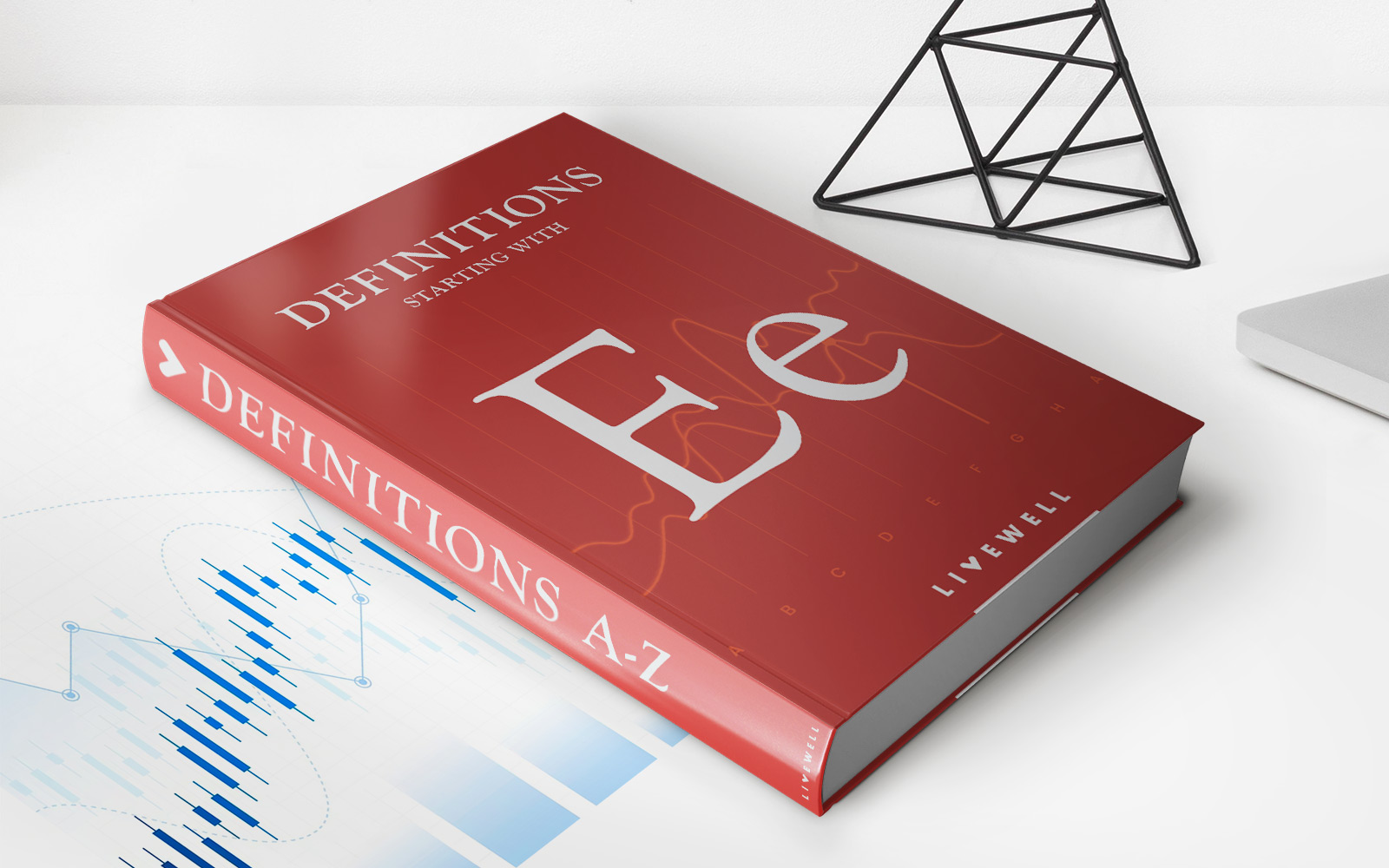

Finance
Ex-Distribution Definition
Published: November 20, 2023
Learn the definition and importance of Ex-Distribution in finance, and understand its role in investment strategies and dividend payments.
(Many of the links in this article redirect to a specific reviewed product. Your purchase of these products through affiliate links helps to generate commission for LiveWell, at no extra cost. Learn more)
Understanding Ex-Distribution Definition and Its Significance in Finance
When it comes to navigating the complex world of finance, it’s essential to have a firm grasp on financial terms and concepts. One such term worth exploring is “ex-distribution.” But what does ex-distribution mean, and why is it important in the field of finance? Let’s delve deeper into this topic and shed some light on its significance.
Key Takeaways:
- Ex-distribution refers to the period after a company declares a dividend but before it is actually paid out.
- Investors who purchase shares during the ex-distribution period are not entitled to receive the dividend.
At its core, ex-distribution refers to the period after a company declares a dividend but before it is actually paid out to shareholders. During this time, the company’s shares are trading “ex-dividend,” which means that investors who purchase shares during this period will not be entitled to receive the upcoming dividend payment.
Now, you might be wondering, why is ex-distribution significant in finance? Here are a few key reasons:
1. Price Adjustments:
When a stock starts trading ex-distribution, its price typically adjusts downward by the amount of the dividend. This adjustment is logical since investors buying shares during this period will not receive the dividend payment. Therefore, understanding the ex-distribution date is crucial for investors who wish to accurately estimate their potential returns and make informed investment decisions.
2. Risk Management:
By knowing the ex-distribution date, investors can effectively manage their risk exposure. If an investor, for example, wants to ensure they receive a specific dividend payment, they need to make sure they purchase the shares prior to the ex-distribution date. This awareness allows investors to plan their investments and cash flows more efficiently.
So, how can investors stay informed about ex-distribution dates? Typically, companies announce the ex-distribution date along with dividend declaration information. This information is usually readily available through financial news outlets, company websites, and brokerage platforms.
In conclusion, ex-distribution is an important concept in finance that refers to the period after a company declares a dividend but before it is paid out to shareholders. Understanding the ex-distribution date is essential for investors to make informed decisions and manage their risk effectively. By staying informed about ex-distribution dates, investors can navigate the financial markets with confidence and optimize their investment strategies.
